| Three brothers in their forties gather periodically with their wives and children for holidays, weekend breaks and celebratory meals. On the surface, everything is rosy, but secrets threaten every marriage; will the extended family survive? I’d heard of this much-loved author but didn’t expect to pick up one of her books until an agent recommended them as a model for my own writing. Reading the prologue, I wondered how I’d plough through the next 600+ pages. |
Welcome
I started this blog in 2013 to share my reflections on reading, writing and psychology, along with my journey to become a published novelist. I soon graduated to about twenty book reviews a month and a weekly 99-word story. Ten years later, I've transferred my writing / publication updates to my new website but will continue here with occasional reviews and flash fiction pieces, and maybe the odd personal post.
|
6 Comments
On trial for murder or the colour of his skin? A Stranger in the Kingdom by Howard Frank Mosher5/1/2024
Here are two moving recent reads about families confronting a life-changing decision by one of their members and the changes they must make to accommodate this. The first is a trans novel published in 2015 which I’ve only just discovered; the second is a story I loved when I first read it on its publication in 2002.
Two novels about a difficult patch in a long marriage, complicated by difficult relationships with the couples’ offspring. The first is the best book I’ve read so far this year. The second, by a more famous author, doesn’t come anywhere near.
Here are reviews of two different types of English political novel. The first is contemporary and addresses how political events impact on an ordinary London family. The second is a historical novel that gets right to the heart of one of the most turbulent periods of British history.
As the Russian invasion of Ukraine approaches its second year, a couple of recent reads reminds me of how other eastern European countries have suffered under the Soviet regime. These novels are about women’s lives in the late 1940s and early 1950s: the first set in Poland and the second in Hungary. Would you believe that it wasn’t until I came to post this that I realised both titles feature animals that should be in the wild?
These two recent reads are about challenging women’s traditional roles as homemakers in the mid twentieth century. The first focuses on the barriers facing a woman seeking a career in science in early 1960s America. The second follows the fortunes of three sisters and their mother as the times change in 1970s France.
These two novels are about the consequences of untimely deaths on those left behind. The first is set during the First World War when a grieving soldier is set to work making masks to hide the horrific facial injuries of those wounded in the trenches. The second is about two orphaned sisters and an anthropologist with unconventional ideas about mourning rituals.
I’ve linked these two very different novels via the theme of compromised freedom, partly because that’s how I feel myself right now. In the first, an elderly widow frees herself from pity by casting a stranger as her grandson but fears being found out. In the second, women are magically freed from misogyny at a cost of losing the men and boys they love.
Allow me to introduce two novels about the marginalisation of women’s experience: the first set in sixteenth century Strasbourg where the church rules hearts and minds; the second in contemporary a South Africa grappling with its colonial past. Both include a scene of arson, but that is not the worst of the violence.
Two fabulous fiction books about ordinary people in historically significant times. The first is a family saga set in China, Taiwan and America across six decades of the twentieth century. The second is a snapshot of Swiss history on a single day in 1959 when the male half of the populace denied their mothers, sisters and wives the right to vote.
Here are two books featuring different kinds of caring: the first a translated memoir about a healthcare professional who looks after people’s minds along with their feet; the second a novel about an actor who opens his home to his struggling father and to his childhood friend.
These two recent reads feature characters who find themselves in morally compromised situations, partly of their own making. The first, set in the contemporary US art world, is about a young man’s relationship with a middle-aged man he saves from drowning. The second, set during a turbulent time in American history, focuses on a family of thespians, drinkers and dreamers.
Let me present two chunky novels, both published in the UK on 3rd February, about which I had some reservations but came to love. Despite a decade’s difference in age between the novels’ protagonists, both are coming-of-age stories in which an unexpected kind of love – or unconventional for their particular communities – teaches these young women about family, ambition, identity and themselves.
I’ve paired these two novels because they both address human failings in unconventional ways. The first, translated from the Danish, illustrates the barriers to connection via a large cast of characters. The second is a zany take on our collective complicity in environmental collapse. Oh, and because the title of the first reminds me of Dali’s telephone, while I can only assume the enigmatic title of the second is intentionally surreal.
Here I introduce two translated novellas – the first from Italian, the second from French – about the bond between siblings, survivors of damaging childhoods. They illustrate the difficulties of closing the door on the past.
These very different novels are both about young men detained in strange settings: the first a psychiatric ward; the second a labyrinth. Steven, in the first, is a reluctant captive who needs to learn the value of where he’s landed in order to leave. Piranesi, in the second, seems perfectly adapted to his environment, but he needs to discover the dark side to become his full self.
Allow me to introduce you to two novels that expose Britain’s dirty hands in the immoral corporate wheeling and dealing that directly harm the poor both here and abroad. If that sounds heavy, remember that the beauty of fiction is that it can wrap that painful politics in a gripping narrative of romance and intrigue. Now, isn’t that a step up from governments that condone such corruption or, at least, turn a blind eye?
Here we have two novels about (celebrity, and the darker side of men whose virtue is part of their fame. In the first, translated from the Italian and set in Rome, an author, teacher and public intellectual can never completely relax into his positive reputation for fear a secret he shared with a former lover will be revealed. In the second, set in New York and rural Tamil Nadu, a young man brought up to believe he’s a living god has to decide whether to continue in the role his father and his followers have given him when he discovers the truth about himself.
The human mind has a wonderful capacity to protect us from unbearable memories, but there’s always a cost. As the narrators of these two novels discover when circumstances compel them to spend time with the mothers from whom they’ve grown apart. Read on to see which takes your fancy; I can heartily recommend reading both.
|
entertaining fiction about identity, mental health and social justice
Annecdotal is where real life brushes up against the fictional.
Annecdotist is the blogging persona of Anne Goodwin:
reader, writer, slug-slayer, tramper of moors, recovering psychologist, struggling soprano, author of three fiction books. LATEST POSTS HERE
I don't post to a schedule, but average around ten reviews a month (see here for an alphabetical list), some linked to a weekly flash fiction, plus posts on my WIPs and published books. Your comments are welcome any time any where. Get new posts direct to your inbox ...
or click here …
Popular posts
Categories/Tags
All
Archives
March 2024
BLOGGING COMMUNITIES
|
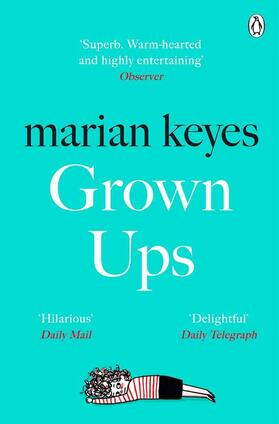
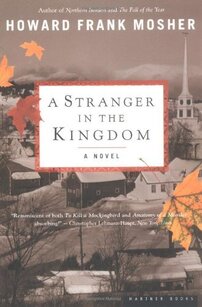
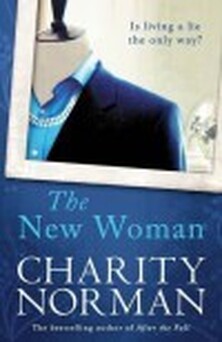
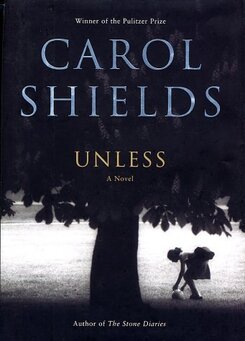
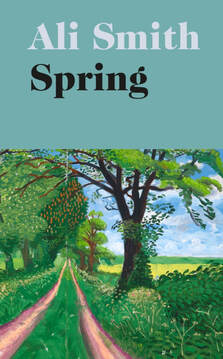
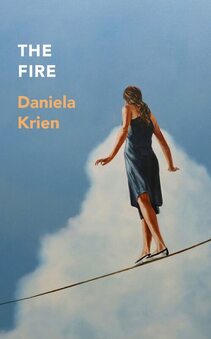
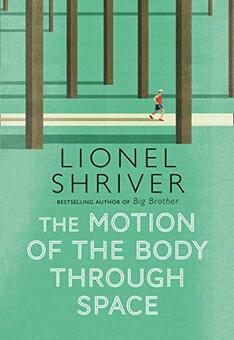
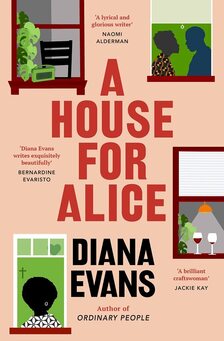
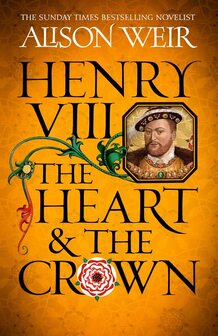
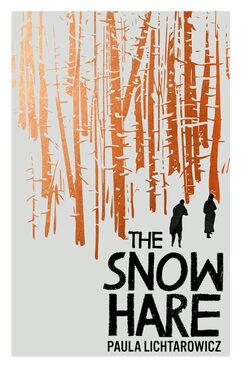
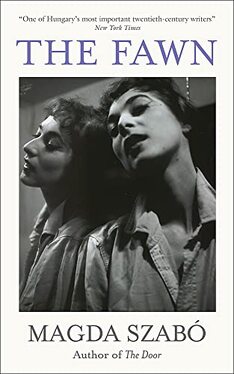
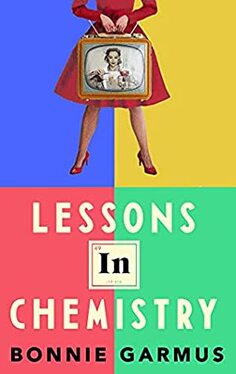
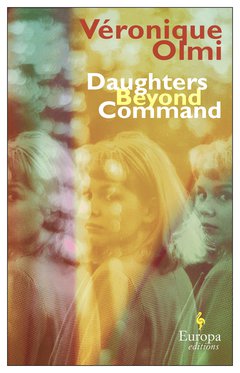
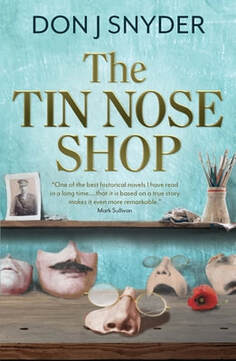
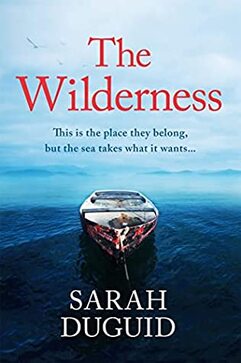
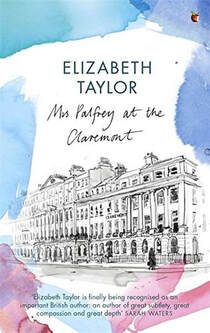
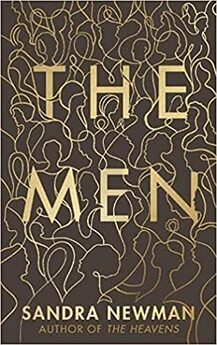
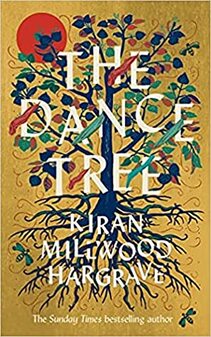
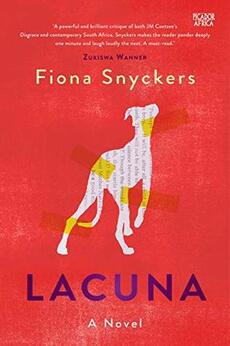

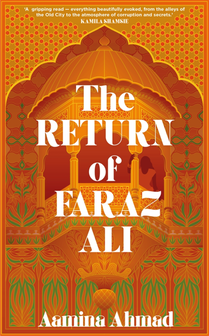
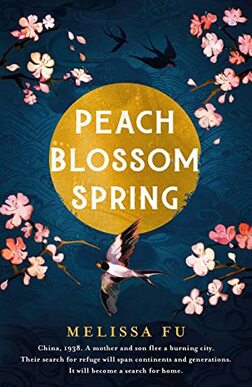
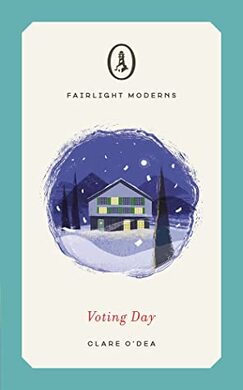
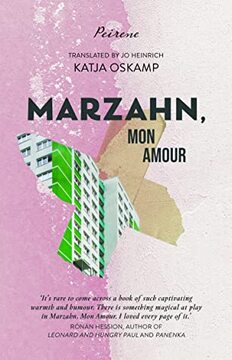
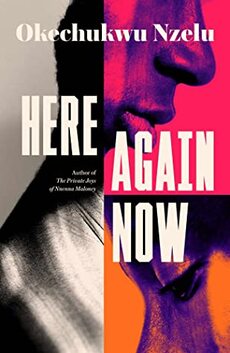
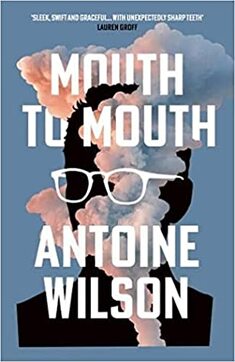
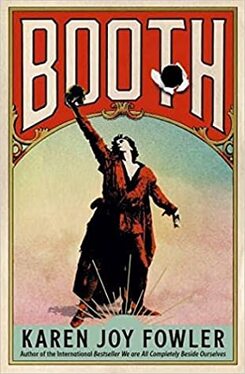
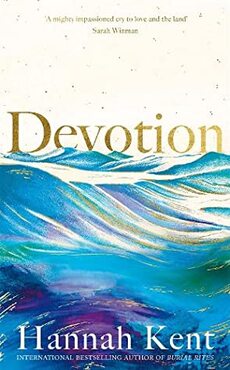
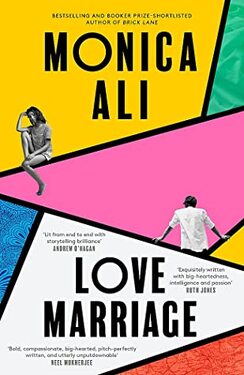
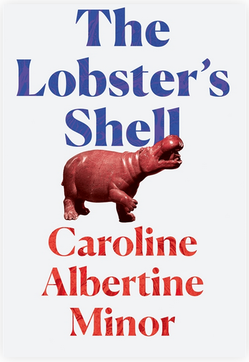
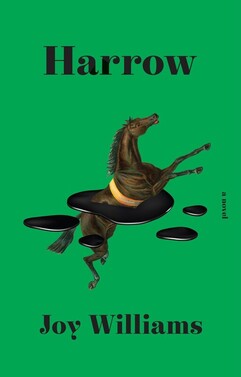
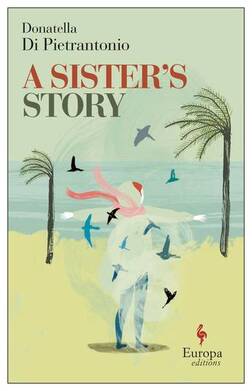
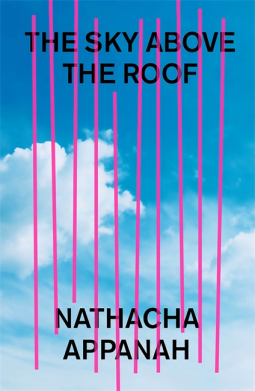
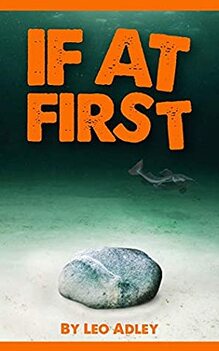
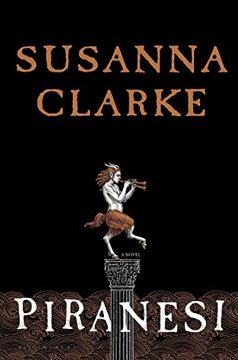
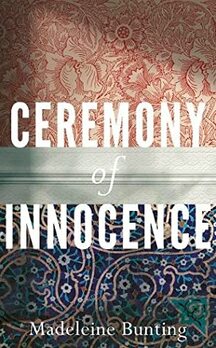
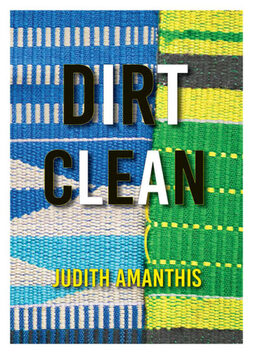
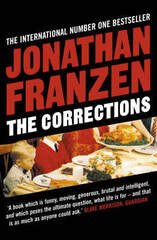
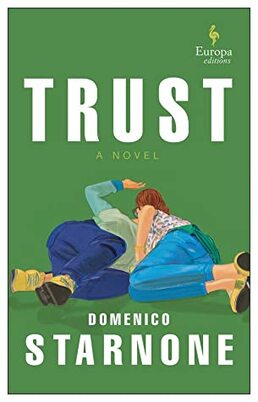
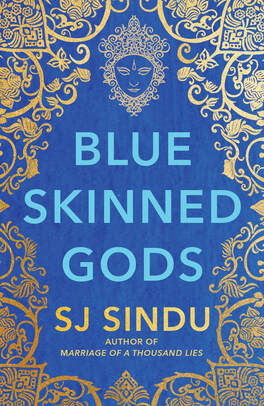
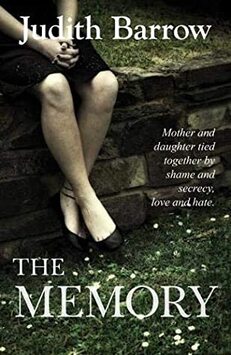
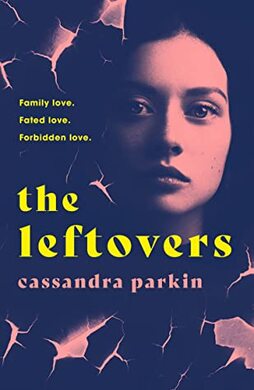
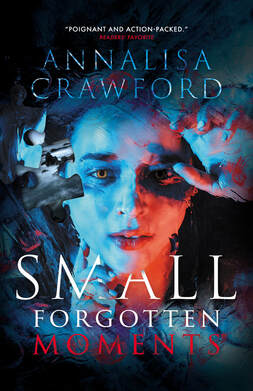





















 RSS Feed
RSS Feed





















